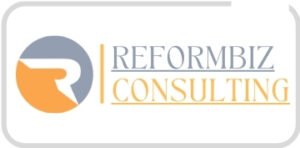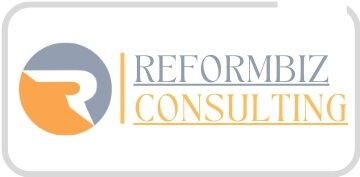HR AUDIT
What is an HR Audit?
An HR audit is a systematic review of an organization’s HR policies, practices, and procedures. The primary goal is to assess their effectiveness and compliance with legal standards, industry benchmarks, and organizational objectives. An HR audit can cover various areas, including recruitment, onboarding, performance management, employee relations, training, and compensation.
Salient features of HR Audit
Why Conduct an HR Audit?
1. Identify Compliance Gaps
Labor laws and regulations are constantly changing. An HR audit helps ensure your organization complies with all relevant laws, such as those related to wage and hour regulations, discrimination, and employee benefits. Identifying and addressing compliance gaps reduces the risk of legal issues and potential fines.
2. Enhance Operational Efficiency
An HR audit assesses the efficiency of existing HR processes. By identifying bottlenecks and redundancies, organizations can streamline their operations, leading to cost savings and improved productivity.
3. Improve Employee Engagement
Understanding the employee experience is crucial for fostering engagement and satisfaction. An HR audit can uncover areas where employee policies may be lacking, allowing organizations to make targeted improvements that boost morale and retention.
4. Support Strategic Alignment
HR audits provide insights into how well HR practices align with the organization’s strategic goals. By evaluating the effectiveness of talent management, succession planning, and workforce development, organizations can better position themselves for future success.
5. Build Credibility and Trust
Conducting an HR audit demonstrates a commitment to ethical practices and continuous improvement. This builds trust among employees, management, and stakeholders, enhancing the organization’s overall reputation.
. Define Objectives
Before beginning an audit, establish clear objectives. Determine whether the focus will be on compliance, operational efficiency, employee engagement, or strategic alignment.
2. Gather Data
Collect relevant documentation and data, including employee handbooks, policies, performance evaluations, and training materials. Surveys and interviews with employees and managers can provide valuable insights.
3. Evaluate Processes
Analyze existing HR processes against best practices and legal requirements. Identify strengths and weaknesses and assess how well current practices align with organizational goals.
4. Engage Stakeholders
Involve key stakeholders, such as HR staff, managers, and employees, in the audit process. Their input can provide valuable perspectives and foster a sense of ownership in the improvement process.
5. Report Findings
Compile a comprehensive report detailing the findings of the audit, including compliance gaps, operational inefficiencies, and recommendations for improvement. Ensure the report is clear and actionable.
6. Implement Recommendations
Work with HR leaders and management to implement the recommended changes. Develop a timeline for implementation and assign responsibilities to ensure accountability.
7. Monitor and Review
After implementing changes, monitor their effectiveness over time. Regularly review HR practices to ensure ongoing compliance and continuous improvement.
Conducting an HR audit is an essential practice for organizations seeking to enhance their HR functions and align them with business goals. By identifying compliance gaps, improving efficiency, and fostering employee engagement, HR audits serve as a vital tool for organizational success. Embracing this proactive approach not only helps mitigate risks but also creates a workplace culture focused on continuous improvement and excellence. Invest in an HR audit today, and set your organization on the path to a more effective and compliant future.
How We work
Sales Meeting
We identify the pain points of the customer and collect data to understand the scope of work
Proposal Meetup
We make customized proposals for customers based on their specific needs, taking into consideration of all Govt Rules and Regulations.
Kick-off Meeting
Value to customer is shown post final proposal along with scope of work and timelines.
Customer Onboarding
A dedicated Relationship Manager is given to customer to receive all relevant services along with proof of Value accrual
Building Compliant HR Audit with Reformbiz Consulting PVT.LTD
We make sure that your organization has a culture of being compliant to all labor laws so that the employee feels valuable
Frequently Asked Questions
There are major questions that come to mind when we discuss payroll Processing

